Want to learn more about SNU's ILE Initiatives?
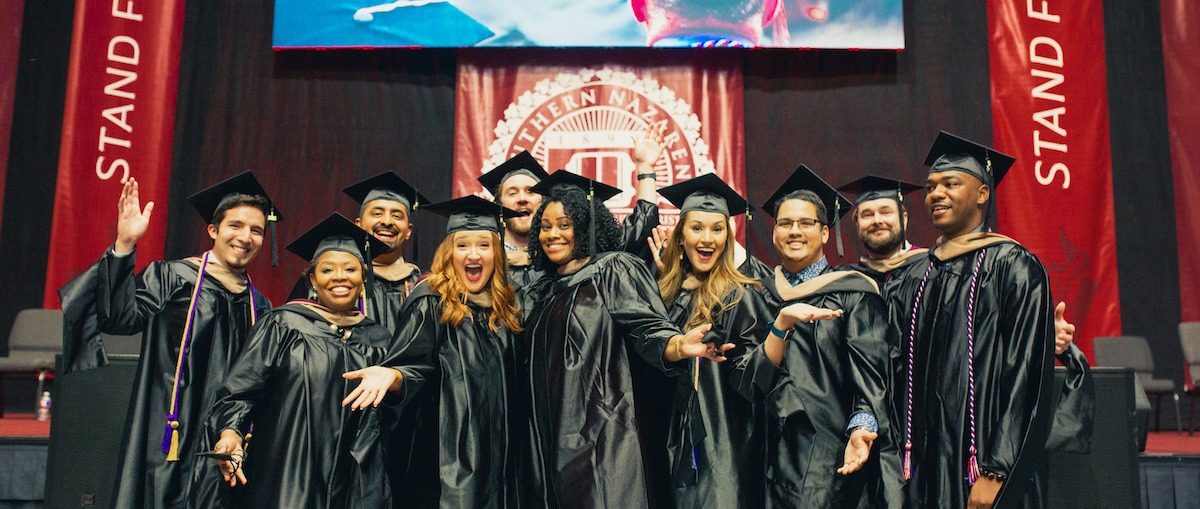
Today’s students graduate into a highly diverse world in which they encounter a myriad of viewpoints and experiences. Intercultural learning and engagement prepares them for this reality by introducing them to new perspectives, embracing diverse learners, and asking students to think critically about the role that their own experiences and biases play in their beliefs and behavior.
At SNU, diversity isn’t a buzzword or a side project. As an institution affiliated with the Church of Nazarene, it’s integrated into everything we do. We foster critical thinking from day one, welcoming students from a diverse range of perspectives and encouraging educators to welcome a variety of opinions. In so doing, we help prepare students to think creatively, work with people of all backgrounds, and become thoughtful, engaged members of their communities.
Recognition for SNU's ILE Efforts:
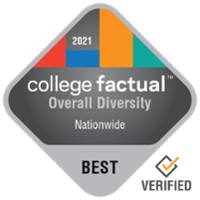
Diversity, equity, and inclusion require more than just checking a few boxes. Universities like SNU that are truly committed to an equitable learning environment must look at everything they do, then explore options for helping all learners feel welcome, while simultaneously challenging all learners to think more deeply and critically. Intercultural learning exists on a continuum and is constantly evolving. These are the five phases of cultural responsiveness a university must go through to achieve a truly inclusive campus.
.jpg?width=492&height=387&name=Compliance%20-%20ILE%20Page%20(1).jpg)
Compliance is the entry-level stage of cultural responsiveness. Focusing on compliance means following the law, as well as any regulations the university has established. When a school focuses solely on compliance, it is behaving with self-interest, protecting itself from lawsuits and political fallout.
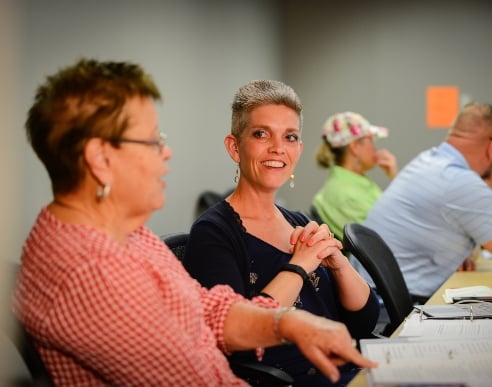
An awareness lens means that an institution understands differences. A school might acknowledge that different learners bring different biases or experiences to the classroom. But awareness alone does not change behavior or compel deeper thinking about equity and inclusion.
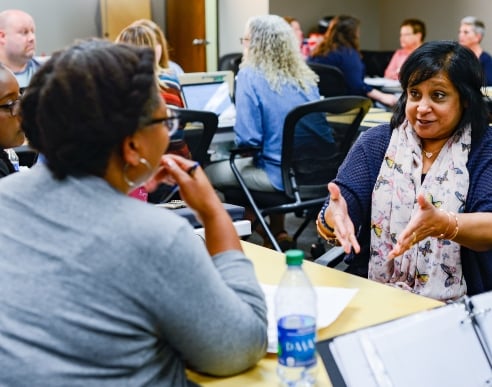
Sensitivity builds upon awareness, empathizing with the needs of people from different backgrounds. At this stage, people may make minor changes in their behavior, particularly changes that avoid the outward appearance of bias. However, the sensitivity phase does not inspire deep reflection or a willingness to fundamentally change one’s thoughts or deeds.
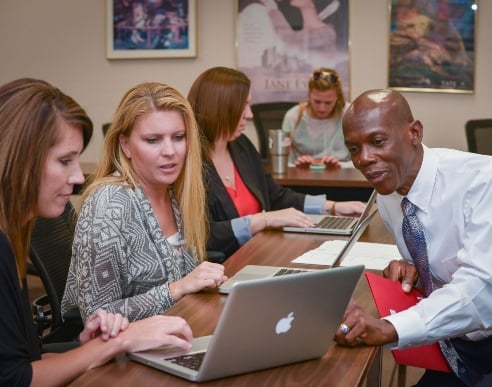
The competence stage marks a shift toward deeper understanding. At this level of development, a person gains a more meaningful understanding of how their thoughts and deeds affect others, the biases they bring to their interactions, and the potentially toxic harm of non-inclusive environments. However, a person may still fail to apply what they have learned to their daily interactions and work.
.jpg?width=492&height=387&name=Responsiveness%20-%20ILE%20Page%20(1).jpg)
Responsiveness is a necessary precursor to a truly inclusive and equitable environment. This approach means that a person or institution consistently pursues equity and justice rather than segregating it to one aspect of their thoughts. The goal is reconciliation, full inclusion, and an ongoing willingness to challenge one’s own thoughts and behavior. This willingness can also encourage a person to speak out for justice and to challenge unjust behavior when they see it.

SNU embraces a justice lens, which goes beyond asking who is included. Instead, we believe in amplifying marginalized voices and in never sacrificing one group’s safety or humanity to avoid uncomfortable conversations. Diversity is something we focus on every day—not a single office, and certainly not something that can be represented in a single group or type of person. An equitable, justice-oriented commitment informs everything we do. Here’s how.
"Most people are slow to champion love because they fear the transformation it brings into their lives. And make no mistake about it: love does take over and transform the schemes and operations of our egos in a very mighty way."
"Love the Lord your God with all your heart and with all your soul and with all our mind. This is the first and greatest commandment. And the second is like it: Love your neighbor as yourself."
"Compassion asks us to go where it hurts, to enter into places of pain, to share in brokenness, fear, confusion, and anguish. Compassion challenges us to cry out with those in misery, to mourn with those who are lonely, to weep with those in tears. ... Compassion means full immersion in the condition of being human."
"Love one another with mutual affection; outdo one another in showing honor."


5 Steps We Must Take to Truly Create an Inclusive, Representative, and Equitable Society
View Now >
Have questions about SNU or need help determining which program is the right fit? Fill out the form and an enrollment counselor will follow-up to answer your questions!
Have questions, but want a faster response? Fill out the form and one of our enrollment counselors will follow-up via text shortly!